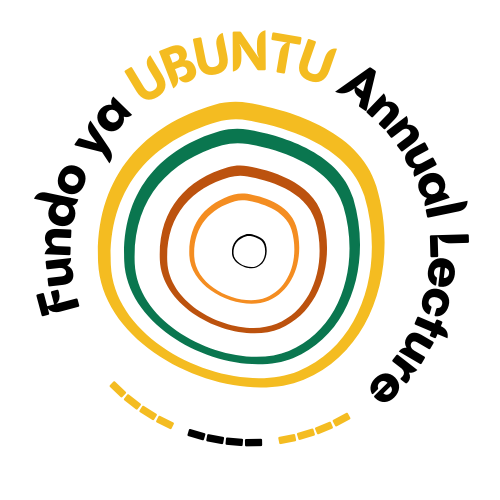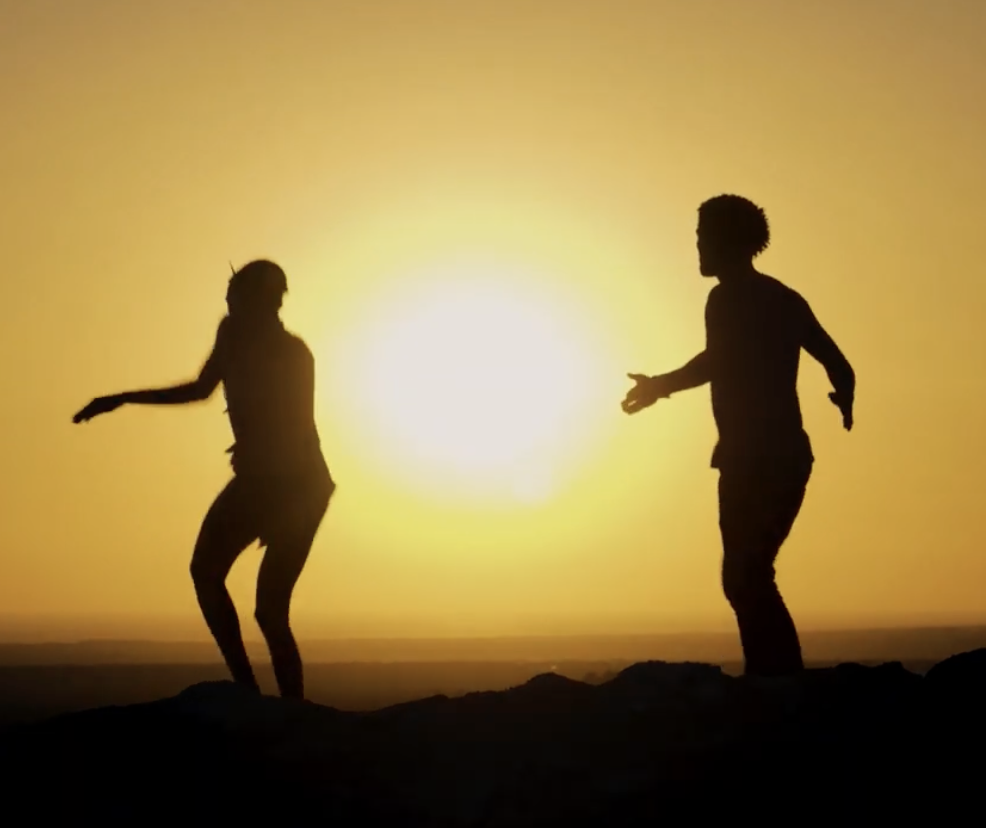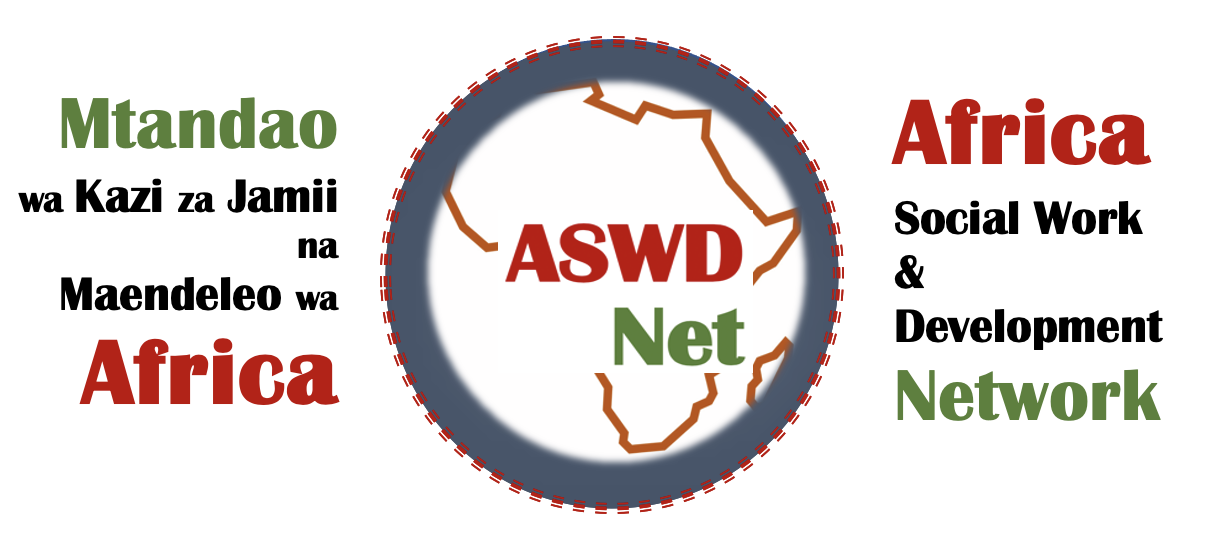Aboriginal Countries
ABORIGINAL COUNTRIES: AN AFRICAN PERSPECTIVE

The country called Australia today belongs to Aboriginal people who have lived on that land for over 60 000 years (600 centuries). Before colonisation, the land with Australia today was made up of over 500 tribes of Aboriginal people but also other tribes. These tribes belonged to several countries or nations. After colonisation by Europeans, the land was reduced to 6 states and 3 territories, and these were later merged into one country called Australia today. The history about how they were colonised up to where they are today is quite disturbing.
Africans usually have interest in Aboriginal people, their history and present status. This interest stems from the fact that Black Aborigine people are known to have migrated from Africa several years ago. Because of biological colonisation or assimilation, most of them are now of mixed race (what would be called coloured in most communities in Africa). In most African communities, mixed race people are seen and regarded and usually classified as White people not Black people.
| Africa, Britain colonies | Colonial acts | Australia, British colonies |
| ✔ | British King, Crown sovereignty forced on the people. For Aboriginal people, the King of England is their King and they pay a lot every year for being British subjects | ✔ |
| ✔ | Removal or killing of people’s Kings or leaders and their Countries led by Kings or leaders destroyed or compromised | ✔ |
| ✔ | Creation of urban villages or town | ✔ |
| ✔ | Land stolen by force, Native Title created | ✔ |
| ✔ | Foreign education al systems, philosophy and education introduced | ✔ |
| ✔ | People put in reserves or keeps | ✔ |
| ✔ | Creation of borders | ✔ |
| ✔ | People’s laws considered non-existent, colonial law (called balanda law by Aboriginal people) was promoted | ✔ |
| ✔ | People’s land considered empty, terra nullius or fake treaties created | ✔ |
| ✔ | Christian missions created | ✔ |
| ✔ | People’s religion demonised, Christianity promoted and forced | ✔ |
| ✔ | Land return programs resisted by white people, on the basis that they had title to the land that they stole. Millions of people have no access to land to build communities, homes, farms and to put up their cemeteries in South Africa, Mozambique, Namibia and same for Aboriginal people | ✔ |
| ✔ | Massive resources taken from colonised communities to Europe; resources never returned | ✔ |
| ✔ | Artefacts taken to Europe museums | ✔ |
| ✔ | People like Mandela and Mugabe in Africa who fought colonialists were labelled terrorists, arrested, many were killed, same for Aboriginal people | ✔ |
| ✔ | Colonisers changed names of people, places and things to English | ✔ |
| ✔ | People’s languages demonised, English forced and promoted | ✔ |
| ✔ | People’s dances, art, rituals, ceremonies and drumming demonised but survived | ✔ |
| ✔ | Colonisation resulted in mixed race children, who faced numerous challenges of getting acceptance in either the black or white communities; several of the sexual relations that resulted from mixed race people were through force or abuse | ✔ |
| ✔ | Colonisers attempted to change people’s diet | ✔ |
| ✔ | Charitable organisations formed or came from outside to provide aid, impacting people’s self-reliance | ✔ |
| ✔ | Local production of food, pharmaceuticals, goods and services replaced with European methods | ✔ |
| ✔ | Foreign animals and vegetation (e.g. trees) introduced to replace local ones | ✔ |
Aboriginal countries had Black people who came from Africa. Research shows that in the past the sea level was low, and lands were connected. This made it possible for people to move from continent to continent. At one point (about 12 00 years ago) New Guinea and Aborigine land were connected by a bridge of land called Sahul.. In today’s language, the Aborigines are the indigenous people or natives of Australia. For 300 years now after the first coloniser arrived, Aborigines have been fighting to have their country returned but it was never given back.
Estimates show that before colonisation there were about 1 000 000 Aborigine people. Like African tribes at this time, they fed themselves from their environments – water, animal products, fruits, fish, vegetables and others. They stayed as families and tribes, and often moved in their defined environments just like people move from city to city in search of income or employment. There were several spiritual, religious, social or economic ceremonies that brought people together. Deceased members of the family, tribe and country had a special position in society, in the same manner deceased ancestors mentioned in the bible have a special position in the lives of their people – for example, Jews respect their first ancestor Abraham and many others who followed him. In Aboriginal society, each member of the family and group, both men and women, had their responsibilities and obligations, including participating in making, implementing and monitoring rules. The society was not capitalist, it was not urban, it was not racially defined, it was equal. Land was a precious resource. It was spiritual, and an inheritance that could not be sold or passed on to a foreigner who is not spiritually connected with the land. In fact, land owned people as opposed to the European way that says a person owns a piece of land. There were no child protection issues because each child was born with identity well secured, and they had adequate protection. Their values included reciprocity and respect, spirituality and care for the environment.
Social services in Aboriginal communities before colonisation
- Education: Knowledge was shared through dance, song, stories, drawings, paintings, myths, legends and sculptures. Everyone had an equal chance.
- Health: knowledge of plants that had treatment properties was there, and it was shared by elders and specialised healers. Practices to promote health such as circumcision were done.
- Mental and psychological wellbeing: family support was always available. Spiritual, social and cultural ceremonies gave people psychological nourishment, strengths and purposefulness in life.
- Social welfare: the environment provided enough for everyone, families were free to move to another part of their country if there was not enough food or other resources. Families looked after each other
- Child protection: families were stronger and offered all the protection required. Institutionalisation, fostering and adoption were not there.
- Gender issues: everyone had their roles and responsibilities, at times women had roles stronger than those of men
- Environment: was well looked after since it was the source of food, water, identity, shelter and spiritual well being
- Legal: generally, the society was harmonious, had rich customs, there was a legal system without prisons. Customs and spirituality helped maintain law and order
- Food: was available, no malnutrition and no obesity because the food was rich with no sugars and fat
- Land: they had patterns of land ownership
How were they colonised? Who colonised them?
Even though there were about 1 000 000 Black people on the land, Aboriginal land was considered empty. The Aboriginal people were not seen as humans. The colonists considered the land to be terra nullius, meaning empty land, useless countries or wasteland. In 1780, ships arrived. The first one led by colonialist James Cook and the second one by colonialist Arthur Phillip in 1788. When Aborigines saw the invaders the resisted, thought and expected they would be gone soon, but they didn’t.
Arthur brought with him 717 former prisoners (convicts), 290 marines, women and children and others who were considered useless in British and Irish society all in eleven ships with pork, rum, equipment and livestock. The group leaders were Christians who believed in white supremacy.
The Aborigines had their own knowledges, and their own views of the alien to Europeans. Their view was that White people were evil spirits that had come to destroy them – and indeed they were almost destroyed.
The colonists introduced several methods to exterminate the Black population.
- Arrests and death in custody
- Reproductive methods: interracial rape
- Chemical weapons, for example, within a year of arrival in Sydney, half the population died due to small pox introduced by whites. These included poisoned water and food
- Taking and fencing off food sources e.g. felling trees, taking fish sources, shooting kangaroos, taking wells and forests, and exposing people to hunger
- Sexually transmitted diseases resulted in infertility and death
- White people’s diseases like whooping cough, measles, scarlet fever, chicken pox and smallpox
- Willy-nilly or random killings
- Massacres or organised killings
- Occupational hazards in mines, farms, wars, construction,
- Deprivation that forced people to work for food for whites and to live in white settlements, stations or farms
- Netting fish
- Deliberate starvation and malnutrition
- Taking, fencing off and destroying cultural and spiritual sites
- Introducing alcohol, opium and tobacco
- Colonial methods of social welfare and social services including child removals and adoptions with non-Aboriginals
- Putting communities in reserves after taking their land
- Those who fought for freedom were called terrorists or communists, and harassed, jailed or killed
- Unpaid and forced labour
“In 1937, the Commonwealth Government held a national conference on Aboriginal affairs which agreed that Aboriginal people ‘not of full blood’ should be absorbed or ‘assimilated’ into the wider population. The aim of assimilation was to make the ‘Aboriginal problem’ gradually disappear so that Aboriginal people would lose their identity in the wider community”
From: http://www.workingwithindigenousaustralians.info
Torres Strait Islands People

Another group that existed in Australia before colonisation is the Torres Straight Islanders who migrated from Indonesia. Many thousands of Islanders live in Queensland today, where they form a strong community.” Like in Africa, Christian missionaries were a precursor to colonisation in this part of the world. Notable were the London Missionary Society that came in 1871. The Torres Strait Islanders challenged the State of Queensland in the High Court and it was ruled in their favour that they had rights over their land according to their traditions, law and customs. At this point, terra nullius was overturned and land was taken from the Queen of Britain. This case is known as Mabo Case because it was led by indigenous Torres Islander man named Eddie Koiki Mabo.
Current situation
Aboriginal people experience more social, economic, psychological, cultural and political challenges than any other group in Australia. Their level of disadvantage is huge: low life expectancy, high child mortality, low education, low employment and high mental health. The Australian constitution does not give them recognition and they have no control over use of resources on their land. Australia is not yet a republic, so the King of England is still the head of country, and owns all Aboriginal land.
Other Countries in the Pacific Region with Black People
Besides Australia, there are also several other Islands in the Pacific Region with Black who migrated from Africa thousands of years ago. These countries, collectively known as Melanesia are Papua New Guinea, Fiji, Vanuatu, Maluku, Solomon Islands and Tonga.
If someone is indigenous to a land, they say “We do not own the land, the land owns us.” Colonisers say “I own this land, it is mine.”




These cookies allows you to comment on posts and pages.